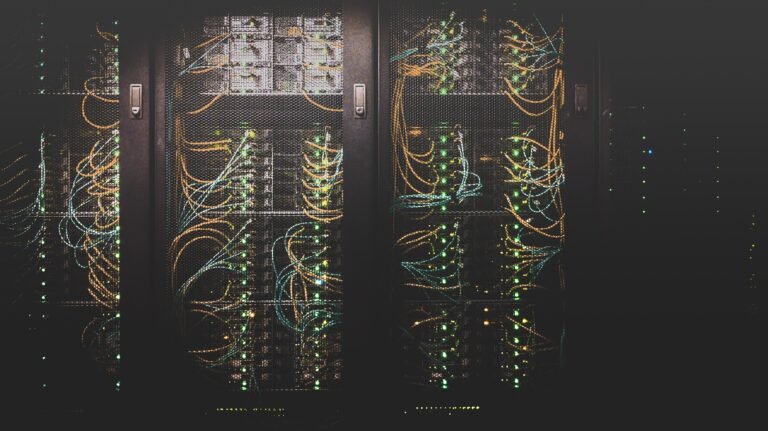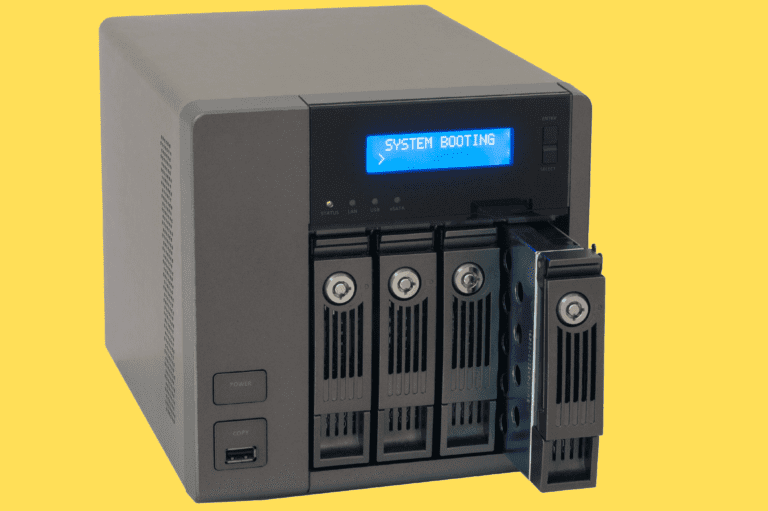Introduction
Blockchain technology is a digital ledger that records transactions in a way that makes them secure, permanent and anonymous. It’s being used to track everything from money (like Bitcoin) to contracts, healthcare data and even voting.
- What Blockchains do?
- How does it work?
- When Bitcoin first launched, their blockchain was all on one computer!
- Privacy and Anonymity
- Blockchain record-keeping is anonymous, which also makes it very private.
- Smart Contracts
- Verification and Validation of Transactions and Information
- The Technology is revolutionary
What Blockchains do?
In a nutshell, blockchains are a type of distributed ledger technology (DLT) that allow you to send value between two people without the need for an intermediary. This is possible because all transactions are recorded on a publicly accessible ledger that anyone can read, but no one can change.
Blockchains achieve their permanence through their “append only” nature; data can only be added to the blockchain—it’s not possible to alter existing information or delete it. In this way, blockchains eliminate the need for trust by allowing anyone who uses them to see every transaction ever made on the network in real time.
How does it work?
To understand how blockchain works, we have to take a look at what it actually is.
Blockchain is a distributed ledger that allows data to be stored and shared securely between two parties. In simple terms, it’s a database shared among many computers in the network. This means that there is no single central server controlling all the information—it’s spread out across many computers (or nodes), making tampering with it nearly impossible. It also means that everyone has access to an identical copy of this database and can see any changes made by others.
Blockchain technology offers increased security because information on it can’t be modified retrospectively, so once information has been recorded on the chain (or ledger), it cannot be altered or changed without leaving an audit trail for everyone else in the system to see; this makes fraud extremely difficult or even impossible!
When Bitcoin first launched, their blockchain was all on one computer!
When Bitcoin first launched, their blockchain was all on one computer. That’s a problem because if someone hacks the computer or takes control of it, they can modify the ledger and change how much money is actually in the system.
The solution to this problem is to have multiple copies of the database across a wide network. If hackers want to modify any one copy of the blockchain, they’d have to hack all copies simultaneously—which is practically impossible!
Privacy and Anonymity
Blockchain technology can be used to hide your identity.
Blockchain is an anonymous technology. It allows you to carry out transactions without sharing any information that could reveal who you are or where you live. All that’s required for a blockchain transaction is an address, which acts as a unique identifier but doesn’t tell anyone anything about the person behind it.
Blockchain record-keeping is anonymous, which also makes it very private.
- Blockchain is anonymous.
- Blockchain is private. The data on the blockchain is encrypted and can’t be tracked back to you, so it’s not a public ledger of all your transactions.
- Blockchain is public. Anyone can see anything that has ever happened on the blockchain—and even though there are millions of records, miners around the world have to agree with each other before they add another one to the chain, so you know they aren’t trying to fool anyone.
- Blockchain is transparent and immutable because every transaction that happens has its own unique ID number (known as a hash) stored in an unchangeable block that contains information about who did it and when it happened—and you can check if your copy matches up with everyone else’s by comparing hashes using an algorithm called SHA-256 encryption; this prevents any single miner from re-writing history in their favor or faking transactions without anyone noticing.*
Smart Contracts
With smart contracts, you can do more than just track assets. You can set up a contract that will automatically execute itself when certain conditions are met. The smart contract is stored on a blockchain and will be executed when it reaches the end of its term.
Smart contracts are self-executing agreements that facilitate, verify, or enforce the negotiation or performance of an agreement. Smart contracts allow you to exchange money and assets without having to trust any third party with your money and information because everything is recorded in the blockchain ledger securely using cryptography. This means that no one has access to your personal data unless they have permission from you (or hacks into your computer).
Verification and Validation of Transactions and Information
Since blockchains are decentralized, no single entity controls the blockchain. Each block in the chain is connected to the previous block, and this creates a chain of blocks. This means that it is extremely difficult to alter any information on any one of these blocks without altering all subsequent blocks as well. In order to change something on an old block in a blockchain, you would need to first change all subsequent blocks in that chain which would require enormous computing power and time (because every computer on that network must agree).
The Technology is revolutionary
Blockchain technology is revolutionary, it creates trust where there usually would be none.
Blockchain allows you to prove something happened without having to go through a third party. This is important because it makes the ownership of assets easier to verify.
In conclusion, Blockchain will change the world forever and it’s only just getting started!
























